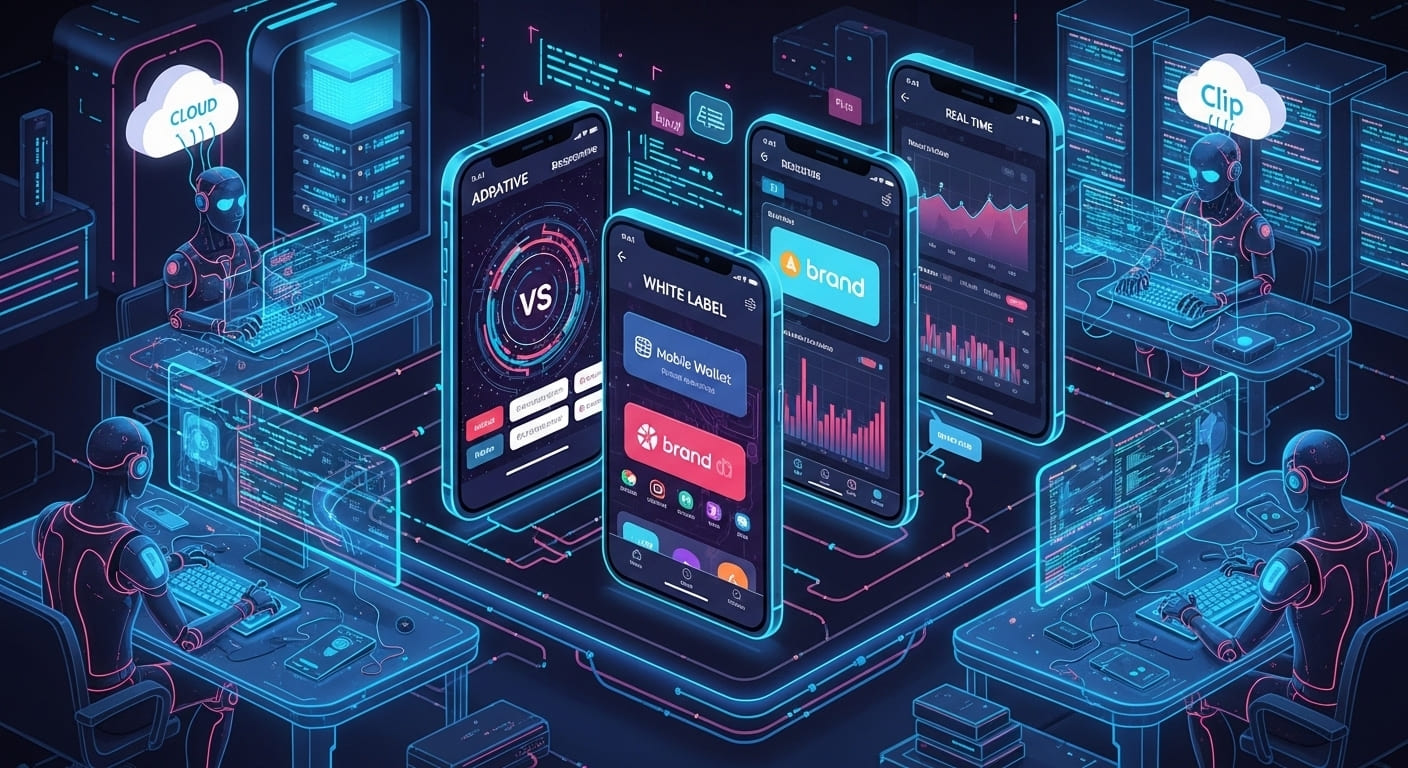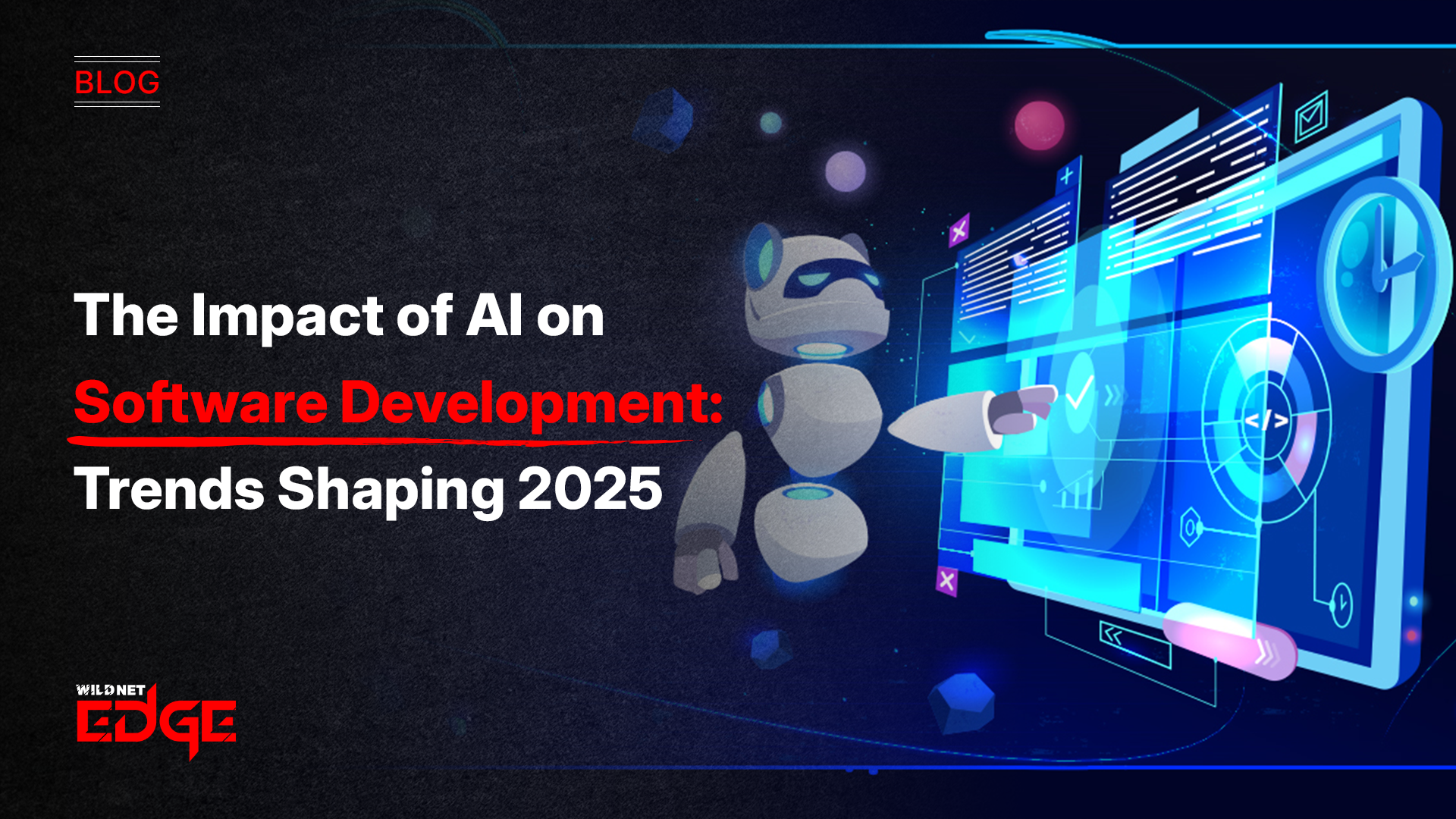Creating a mobile app is challenging. You may wonder where to start. The mobile app development process can seem daunting, but understanding it makes everything easier. Are you ready to transform your ideas into a reality? In this guide, we’ll break down the stages of app development. You’ll learn how to navigate through each phase seamlessly, ensuring your project is successful. Whether you’re a startup or an established business, knowing the mobile app development process is crucial to bringing your vision to life.
Key Stages of App Development
Understanding the App Lifecycle
The app lifecycle is a vital concept in the mobile app development process. It encompasses the various stages an app passes through, from its conception to deployment and eventual retirement. The lifecycle typically includes planning, development, testing, launch, and maintenance. Understanding this lifecycle helps project managers and developers stay on track and maintain clarity through the development process.
- Planning: The initial stage involves defining the app’s purpose, target audience, and key features. This aligns the expectations of all stakeholders and lays the groundwork for a successful development process.
- Development: This is where development teams write the code and put the app together. A strong foundation is essential, as scalability and functionality are highly dependent on this stage.
- Testing: Before launching, rigorous testing ensures that the app functions correctly across various devices and platforms. This stage often reveals critical bugs or usability issues that need to be resolved.
- Launch: Deploying the app on app stores is an exciting phase. A marketing strategy can significantly enhance visibility and user acquisition during this stage.
- Maintenance: Post-launch, the app enters maintenance, where updates, bug fixes, and new features are regularly deployed in response to user feedback.
Importance of Each Stage in App Development
Each stage of the app development process plays a crucial role in the overall success of the project. Understanding why each phase matters can greatly enhance efficiency and effectiveness.
- Planning: Skipping this step can lead to unclear objectives and functionality mismatches. A solid plan reduces wasted resources and unexpected changes later.
- Development: This stage translates the vision into reality. Quality coding practices here are essential for ensuring the app’s performance and stability.
- Testing: Bugs in the app can damage the user experience and influence app ratings adversely. A comprehensive testing strategy minimizes risk and ensures a quality product.
- Launch: A well-timed launch can create buzz and drive initial downloads. Employing marketing strategies during launch can set the stage for future success.
- Maintenance: Regular updates not only fix issues but also keep the app relevant. Engaging users with new features encourages continued use, essential for long-term growth.
By understanding these stages and their significance, you can better navigate the mobile app development process, leading to a more successful product.
Exploring the Mobile App Development Process
Phases of Mobile App Development
The mobile app development process consists of distinct phases that guide the project from idea to execution. Let’s break down these phases:
- Ideation and Conceptualization: Identifying the app’s purpose, defining its unique value proposition, and understanding the target audience.
- Market Research: Investigating competitors and potential users helps inform decisions and can lead to a more refined product.
- Wireframing and Prototyping: Creating wireframes to visually represent the app’s structure and flow allows stakeholders to visualize the concept.
- User Interface (UI) / User Experience (UX) Design: Focusing on aesthetics and usability, this phase ensures that the app is both appealing and intuitive for users.
- Development: The actual coding of the app, including backend and frontend development, is executed here.
- Testing: This phase involves both manual and automated testing to ensure the app works as intended and is user-friendly.
- Deployment: The app is launched on app stores, where it’s made available for users to download.
- Post-launch Support & Maintenance: Monitoring app performance and user feedback continuously, making updates as necessary.
Best Practices for Each Phase
Implementing best practices during each phase of the mobile app development process can enhance outcomes significantly.
- Ideation and Conceptualization: Use brainstorming sessions involving cross-functional teams to encourage diverse perspectives.
- Market Research: Utilize surveys, focus groups, and competitor analysis to gather comprehensive data about audience needs and market gaps.
- Wireframing and Prototyping: Tools like Sketch or Figma can help create effective wireframes and prototypes. Testing these with potential users provides valuable feedback.
- UI/UX Design: Aim for a clean, user-friendly design. Consistent color schemes and easy navigation enhance the user experience.
- Development: Follow agile methodologies to allow for iterative testing and improvements during the development phase.
- Testing: Pair both manual testing and automated testing tools, such as Selenium, to ensure broad coverage.
- Deployment: Prepare for the launch by coordinating marketing efforts in advance. This includes app store optimization to enhance visibility.
- Post-launch Support: Establish a support system for users to report issues. Regularly analyze app performance metrics to gauge success.
By applying these best practices, you can ensure a smoother mobile app development process and ultimately achieve better user satisfaction.
Choosing a Software Development Company
How to Select the Right Company
Choosing the right software development company can be a game-changer in your mobile app journey. Here are some steps to help you make the right choice:
- Define Your Goals: Clearly outline what you want from your app. This clarity will help you communicate your vision to potential companies.
- Research Prospective Companies: Look for companies with experience in your vertical and note their portfolio. Analyze previous projects, focusing on design, functionality, and user reviews.
- Check Reviews and Ratings: Websites like Clutch and GoodFirms can provide insights through client reviews, helping you gauge the reputation of the company.
- Interview Multiple Candidates: Set up calls or meetings to discuss your project. This is a chance to assess their understanding of your goals and evaluate their communication skills.
- Evaluate Expertise and Technologies: Ensure the company has expertise in the technology stacks relevant to your app. Whether you need a native or cross-platform app can affect the choice of development company.
Evaluating a Mobile App Development Company
Once you’ve narrowed down your choices, here’s how to evaluate them:
- Portfolio Review: Detailed examinations of previous projects can illustrate the company’s capabilities and aesthetic fit with your vision.
- Technical Expertise: Assessing the technical knowledge of the team, including their proficiency with emerging technologies, can be a crucial factor.
- Project Management Approach: Understanding how they manage projects—be it Agile, Scrum, or Waterfall—can give you insights into their workflow and how they handle changes.
- Post-launch Support: A good development partner will offer ongoing support and maintenance. Ensure they have a plan for updates and tweaks post-launch.
- Communication Skills: Look for a company that values transparent and consistent communication. This is essential for a successful partnership.
By following these steps, you can confidently select a software development company that aligns with your project needs.
App Lifecycle and Development Process Insights
The Relationship Between App Lifecycle and Development
The mobile app lifecycle is intricately linked to the development process. Understanding both allows for better planning and execution. Here’s how they relate:
- Planning: The app lifecycle begins with strategic planning, directly influencing the initial phase of development. Decisions made here can affect later lifecycle stages, such as user engagement and maintenance.
- Development: As the app is developed, the needs identified in the lifecycle must be continually addressed. Changes or updates should align with the overall lifecycle goals.
- Testing and Launch: The rigorous testing phase is essential for both the app lifecycle and the development process, as any mistakes here can lead to failure in user retention later.
- Maintenance: Feedback loops established during the post-launch phase inform both the lifecycle and development. Regular updates and bug fixes are necessary to prolong the app’s lifespan.
Continuous assessment of the relationship between the app lifecycle and the development process ensures the app remains relevant and functional over time.
Common Challenges in the App Lifecycle
While navigating the app lifecycle, developers face several common challenges that can impact success:
- User Acquisition: Attracting users can be difficult, particularly in saturated markets. Effective marketing strategies are crucial during the launch phase to gain traction.
- Engagement and Retention: Keeping users engaged post-launch is essential for app longevity. Failing to do so can lead to high uninstall rates.
- Adapting to Feedback: Promptly incorporating user feedback can impact the app’s evolution. A slow response time can result in user dissatisfaction.
- Maintaining Performance: Regular updates are necessary to ensure the app runs smoothly. Both technical and design updates are crucial for retaining user interest.
By understanding these challenges, organizations can devise strategies to mitigate them, thereby enhancing the app’s overall lifecycle and success.
Trends in Mobile App Development Process
Emerging Technologies Impacting App Development
As technology advances, the mobile app development process evolves. Here are some emerging technologies that shape the industry:
- Artificial Intelligence (AI): AI is transforming app personalization and functionality. Integrating AI can provide users with tailored experiences, increasing user engagement and satisfaction.
- Augmented Reality (AR): AR has gained traction in mobile apps, particularly in retail and gaming. Incorporating AR features can enhance user interaction significantly.
- 5G Technology: The rollout of 5G networks boosts app performance and capabilities. Developers must optimize apps to leverage this technology for faster data processing and richer user experiences.
- Wearable Tech Integration: As wearables become more common, apps that can connect and operate seamlessly with these devices can capture a larger audience.
These trends are shaping how mobile apps are developed, designed, and marketed.
Future of the Mobile App Development Company Landscape
The landscape of mobile app development companies is evolving, influenced by technological advancements and changing consumer demands. Here are some trends to watch:
- Increased Demand for Cross-Platform Development: Businesses are increasingly looking for solutions that work across multiple operating systems, making cross-platform development more popular. This trend enables wider reach without significantly increasing costs.
- Focus on Security: As data breaches make headlines, companies that prioritize security protocols in their apps will gain a competitive edge.
- User-Centric Designs: The emphasis on user experience continues to rise, with companies investing more in research to understand user behavior better.
- Integration of Blockchain: More apps are using blockchain technology for secure transactions, providing users with confidence in their data safety.
Staying abreast of these trends will help companies position themselves strategically in the mobile app development market.
The Role of User Feedback in App Development
Incorporating Feedback in the App Lifecycle
User feedback is a cornerstone of the app lifecycle and essential for ongoing success. Here’s how to effectively incorporate it:
- User Surveys: Regularly gathering input from users can provide insights into potential improvements.
- In-App Analytics: Tools like Google Analytics for Apps help track user behavior, enabling data-driven decisions that align with user preferences.
- Beta Testing: Engaging users in beta testing can provide firsthand accounts of functionality and areas for improvement before a wider release.
By valuing user feedback and acting on it, developers can enhance the app’s usability and user satisfaction.
Strategies for Effective User Engagement
Engaging users effectively is crucial for the long-term success of mobile apps. Consider these strategies:
- Personalized Content: Tailor notifications and content to user preferences. This increases engagement and retention.
- Regular Updates: Keep the app fresh with continuous updates reflecting user feedback and technological advancements.
- Gamification Elements: Introduce gamification by integrating points, badges, or challenges to motivate user interaction.
- Community Building: Create spaces for users to connect, share, and discuss their experiences. This increases loyalty and encourages word-of-mouth promotion.
By effectively engaging users, you can foster a loyal user base, critical for an app’s success.
Conclusion
In conclusion, navigating the mobile app development process requires understanding its unique stages. By acknowledging the significance of each phase—from planning to deployment and maintenance—you increase your chances of building a successful app. Having a reputable partner like Wildnet Edge, an AI-first company, can streamline your journey through this process with their vast expertise. Ready to build your app? Collaborating with a trusted mobile app development company can empower your vision and bring it to life.
FAQs
The mobile app development process includes stages such as planning, designing, developing, testing, and deploying an app.
The stages of app development typically include conception, design, development, testing, and launch.
A software development company brings expertise in creating, testing, and deploying mobile applications efficiently.
The app lifecycle involves stages from initial idea through ongoing updates and eventual retirement of the app.
Look for experience, a strong portfolio, client testimonials, and expertise in the latest technologies when choosing a mobile app development company.

Managing Director (MD) Nitin Agarwal is a veteran in custom software development. He is fascinated by how software can turn ideas into real-world solutions. With extensive experience designing scalable and efficient systems, he focuses on creating software that delivers tangible results. Nitin enjoys exploring emerging technologies, taking on challenging projects, and mentoring teams to bring ideas to life. He believes that good software is not just about code; it’s about understanding problems and creating value for users. For him, great software combines thoughtful design, clever engineering, and a clear understanding of the problems it’s meant to solve.
 sales@wildnetedge.com
sales@wildnetedge.com +1 (212) 901 8616
+1 (212) 901 8616 +1 (437) 225-7733
+1 (437) 225-7733















 ChatGPT Development & Enablement
ChatGPT Development & Enablement Hire AI & ChatGPT Experts
Hire AI & ChatGPT Experts ChatGPT Apps by Industry
ChatGPT Apps by Industry ChatGPT Blog
ChatGPT Blog ChatGPT Case study
ChatGPT Case study AI Development Services
AI Development Services Industry AI Solutions
Industry AI Solutions AI Consulting & Research
AI Consulting & Research Automation & Intelligence
Automation & Intelligence













